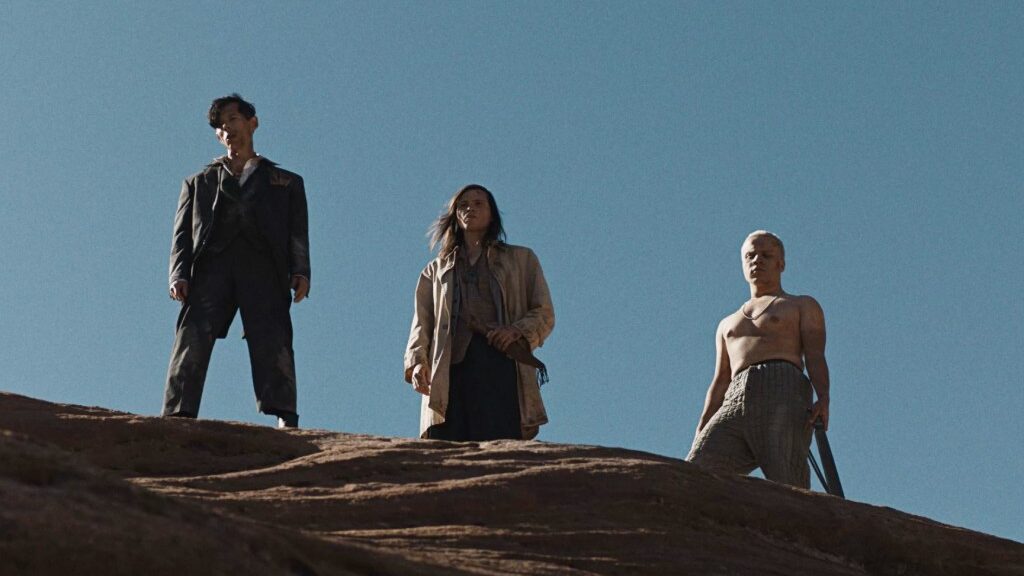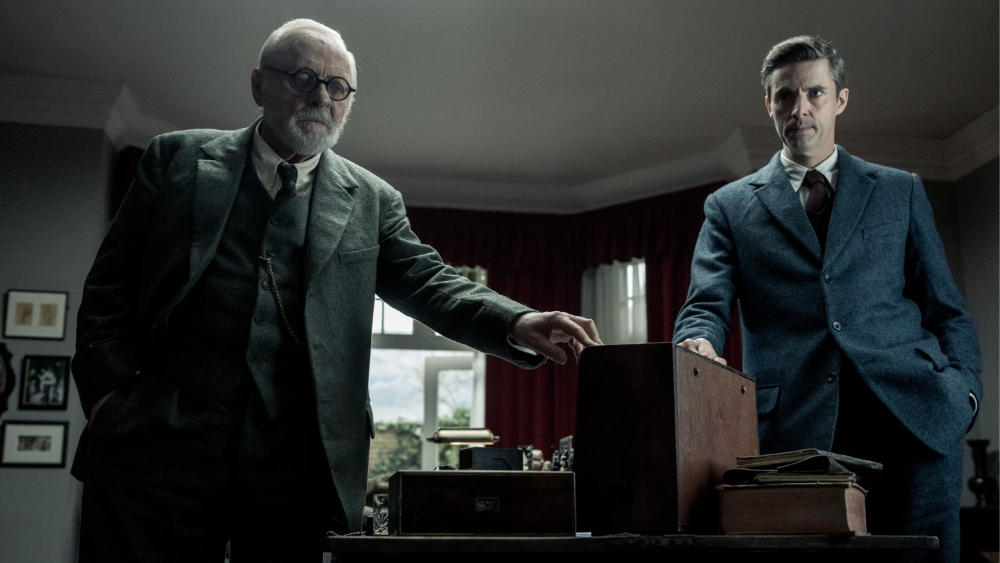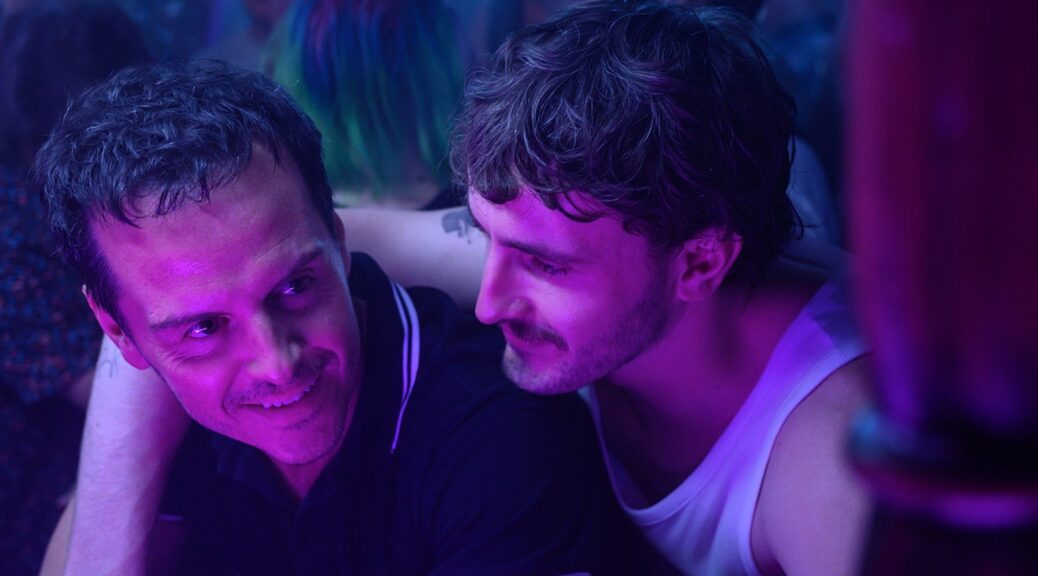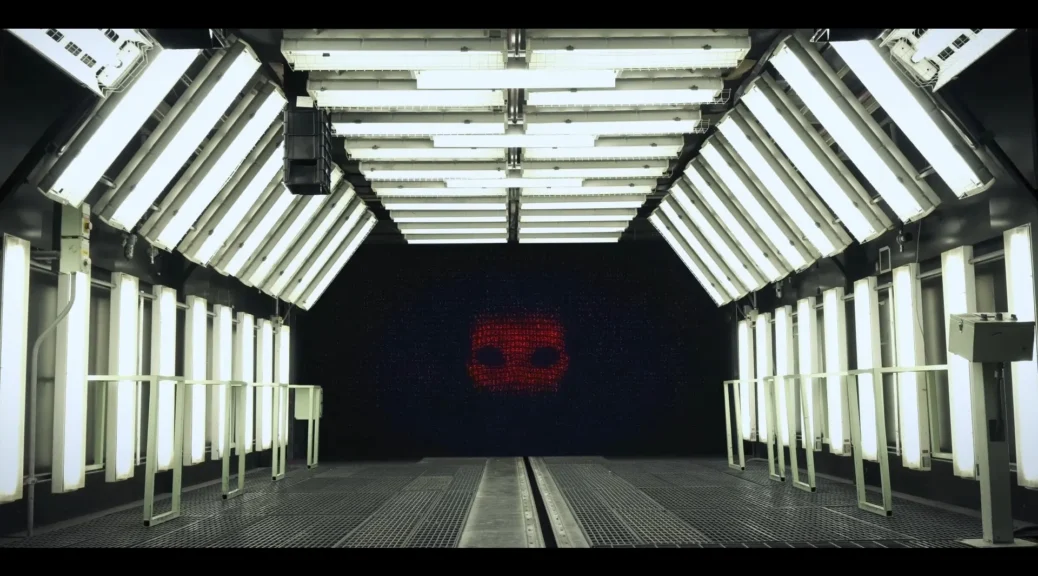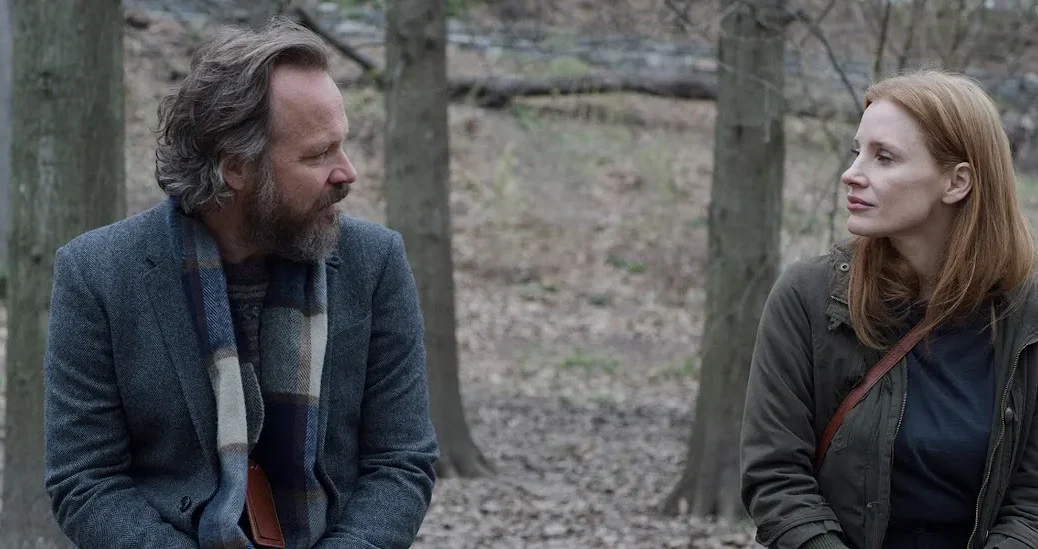Under the Fig Trees
by Christie Robb
First time feature director Erige Sehiri’s Under the Fig Trees depicts a day in the life of Tunisian agricultural workers harvesting an orchard’s worth of figs on a sunny summer day. The village is almost claustrophobically small. Everyone knows everyone else’s business. Life’s opportunities are limited. Gender roles are rigid.
Sehiri’s film unfolds slowly. It feels like we are eavesdropping. The cast of non-professional actors chat, flirt, and bicker among themselves and try to avoid getting in trouble with the boss Gaith (Gaith Mendassi).
The progressive Fidé (Fidé Fdhili) has a closer relationship with Gaith than most, but is aware that this is a source of gossip for the other workers. She also knows that he is just as capable of assaulting her in a quiet corner as he is capable of letting her ride shotgun to the job site instead of making her stand in the bed of the truck like the others.
Fidé’s younger sister Feten (Feten Fdhili) is delighted to meet up with an ex-boyfriend she’s never completely gotten over. The beautiful Abdou (Abdelhak Mrabti) seems less than thrilled. Another couple struggles to define the terms of their relationship as they simultaneously attempt to hide a stolen bucket of figs.
The young speculate joyfully on their futures and love lives while a separate clutch of older women gaze on from the sidelines. Their swollen bodies and melancholy demeanors hint at the unexpected challenges and burdens that the young folks will someday have to navigate themselves.
Sehiri’s background in documentary film comes through in lingering shots of the countryside that are reminiscent of the honey-hued oil paintings of agricultural workers from the 19th century. And like those paintings, her movie shows both the hardships and the beauty of working on the land in community.


